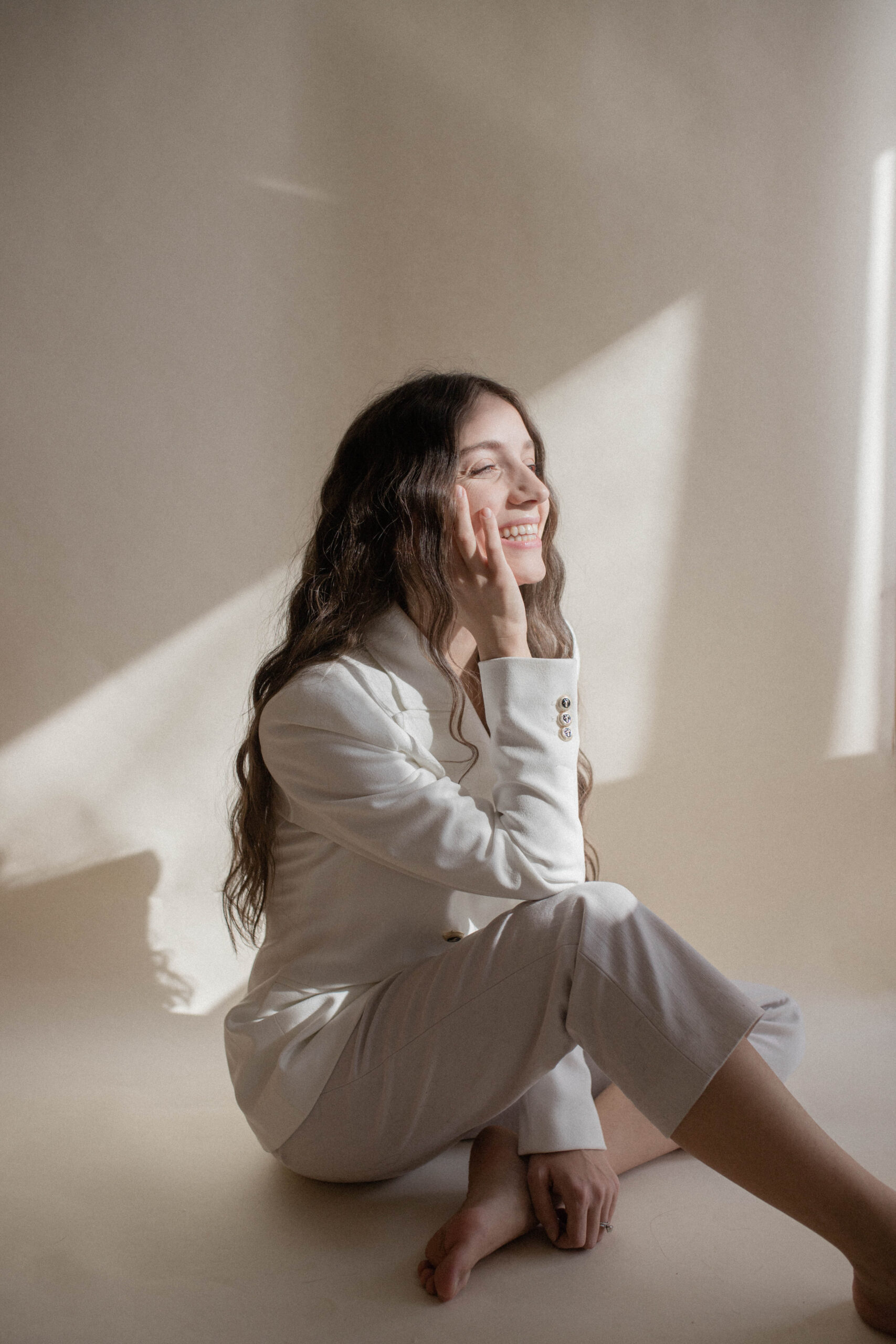[Background music playing]
Anissa D.: Hello, and welcome back to another episode of Composition Mathematician.! I’m your host, Anissa, and today we have a fascinating topic to explore: the impact of AI in the photography industry. Artificial intelligence has been making significant advancements and has found its way into various aspects of photography. So, let’s dive in and discuss how AI is shaping the photography landscape!
One of the major areas where AI is making an impact is in image recognition and categorization. AI algorithms can analyze and classify images based on their content, making it easier for photographers to search and organize their vast collections. This technology enables more efficient workflows and helps photographers locate specific images quickly.
AI is also revolutionizing the editing process. Automated editing tools powered by AI can analyze an image and make intelligent adjustments, such as color correction, exposure balancing, and noise reduction. These tools save photographers valuable time and provide a starting point for further creative enhancements.
Furthermore, AI-generated artwork is gaining attention in the photography world. Deep learning algorithms can generate realistic images based on existing photographs, creating unique and artistic interpretations. This opens up new possibilities for photographers to explore and experiment with different styles and aesthetics.
In addition to image-related applications, AI is being utilized in photography for facial recognition and subject tracking. AI algorithms can identify and track individuals in a frame, allowing for more accurate focus and composition. This technology is particularly useful in event photography, sports photography, and other fast-paced shooting scenarios.
It’s important to acknowledge that while AI brings many benefits to the photography industry, there are also considerations and challenges to address. Ethical concerns related to privacy, consent, and the potential for AI-generated content to be used maliciously or deceptively are areas of ongoing discussion.
As AI continues to advance, it’s essential for photographers to embrace and adapt to these technological changes. Understanding AI capabilities and integrating them into workflows can enhance creativity, efficiency, and overall quality in photography.
While AI offers powerful tools, it’s important to remember that human creativity and vision remain at the core of photography. AI should be seen as a complement to human skills, helping photographers achieve their artistic goals more effectively.
And there you have it—the impact of AI in the photography industry. As AI technologies continue to evolve, they hold tremendous potential to transform the way we capture, edit, and interact with images. Thank you for joining me on this episode of Composition Mathematician! I hope you found these insights thought-provoking. Until next time, keep capturing those stunning photographs. Cheers!
[Background music fades out]
Sponsor’s and Discount Codes from this Podcast Episode:
